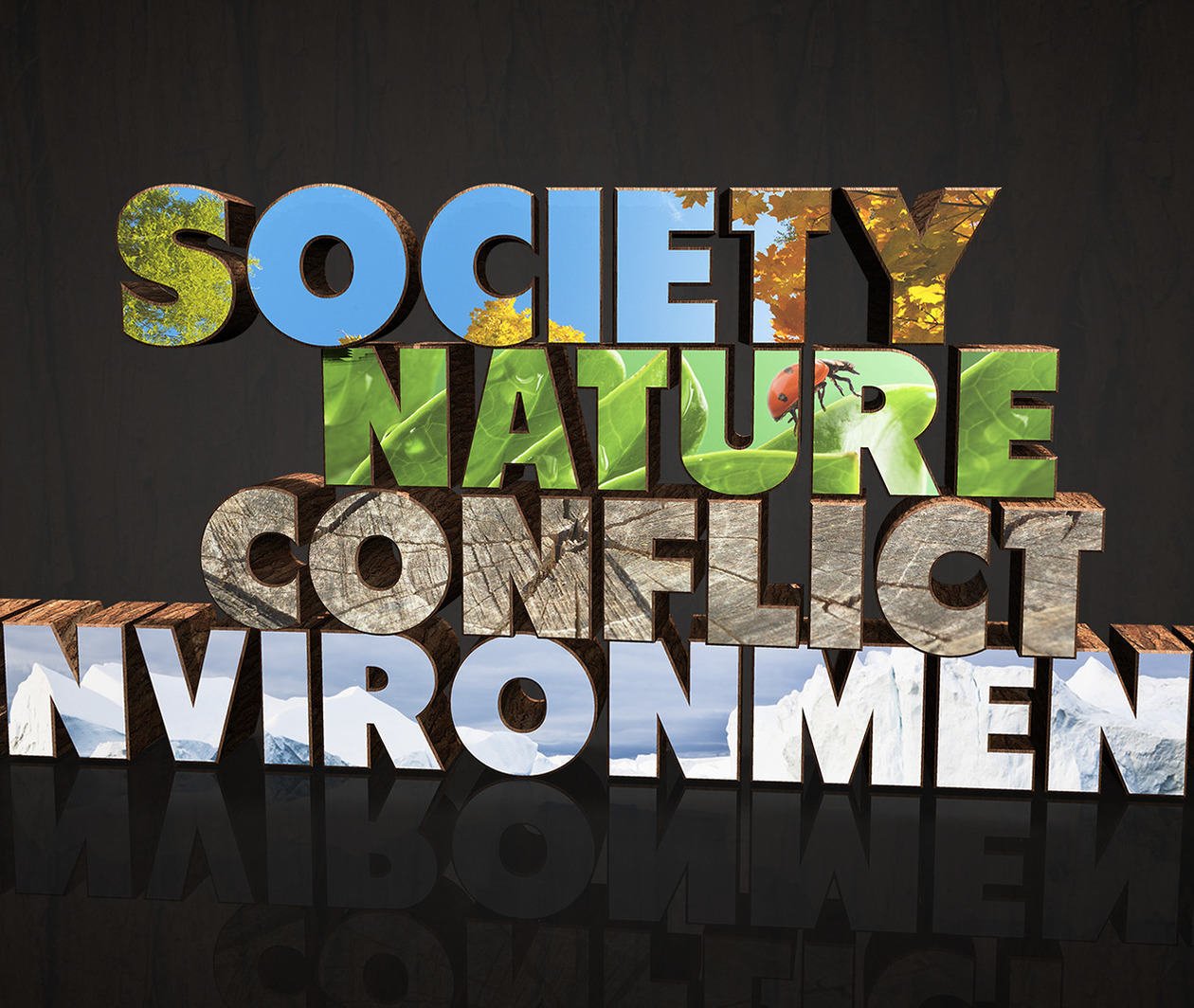
Duration
3 weeksWeekly study
3 hours
Environmental Management: Social-ecological Systems
Other courses you might like
This course isn't running right now. We can email you when it starts again, or check out these other courses you might like.
Browse more in Nature & Environment
Understanding the complex relationships between humans and nature – so-called social-ecological systems – will help us tackle global environmental challenges, such as sustainable food supply, conservation of biodiversity and environmental management.
On this free online course, you will discover how interdisciplinary approaches, bringing together social and natural sciences, tackle some of the key environmental challenges affecting our world today.
Take an interdisciplinary approach to environmental management
You will think about your environment in new ways and gain insights into the different social systems and policies that are used to both exploit and conserve our environment. Each week will cover a different environmental management topic, through video, podcasts and case studies from around the world:
Week 1: Language of nature
Learn about the different ways that nature is perceived by different types of societies and the impact of property rights on natural resource management. The case study explores the history of different types of ownership in Tanzanian forests.
Week 2: Mathematics of nature
Discover the mathematics of nature by examining examples of complexity, causality and diversity, and change in social-economic systems. You will explore population growth and uneven consumption of natural resources.
Week 3: Environment and conflict
Understand the relationship between human conflict and the natural world; what impact does war have on both humans and the environment, and what is the relationship between the two? Scarcity and conflict is explored through the California water shortage and the case study looks at the environment as a weapon of war.
Learn with a range of social-ecological systems experts
The course is led by Professor Jon Lovett, Chair in Global Challenges at the University of Leeds. His research focuses on the institutional economics of environmental management, and takes an interdisciplinary approach to bring together both the natural and social sciences.
Jon is the educator responsible for the highly successful University of Leeds course on FutureLearn, Fairness and Nature: When Worlds Collide:
“This MOOC made me question my own ideas about what is just in issues concerning nature. The teacher is absolutely committed to this subject. His knowledge, resources and enthusiasm make this course, in my opinion, one of the best around.”
- FutureLearner, Marilyn Rietveld, on Fairness and Nature: When Worlds Collide
Experts from a range of different disciplines will also contribute to the discussion and will provide a richness and diversity to the conversation:
- Professor Janet Watson, Leadership Chair for Language at Leeds;
- Abdallah al-Mahri, Mehri language expert;
- Dr Claire Quinn, Associate Professor of Natural Resource Management, University of Leeds;
- Pam Warhurst, Chair, Pennine Prospects;
- Ruth Waters, Natural England;
- Dr Chris Hassall, School of Biology, University of Leeds;
- Jane Dawson, Quakers;
- Dr Manal Nader, Nivine Abbas and Sahar Issa, Institute of the Environment, University of Balamand, Lebanon.
There will be quizzes and debates to explore the issues further and provide an opportunity for you to share your own reflections with Jon, our experts and other learners.
Learning on this course
On every step of the course you can meet other learners, share your ideas and join in with active discussions in the comments.
Who is the course for?
The course is suitable for anyone with an interest in environmental management and natural resource management. You could be an undergraduate or postgraduate student or a professional working in, or looking to work in, the field of environmental management. Equally you may just have a broad general interest in this subject area.
Learners from Fairness and Nature: When Worlds Collide will find this course a natural progression, but this course also stands by itself.
Who will you learn with?
Jon Lovett is Chair in Global Challenges in the School of Geography at the University of Leeds and works on institutional economics.
http://www.geog.leeds.ac.uk/people/j.lovett
Learning on FutureLearn
Your learning, your rules
- Courses are split into weeks, activities, and steps to help you keep track of your learning
- Learn through a mix of bite-sized videos, long- and short-form articles, audio, and practical activities
- Stay motivated by using the Progress page to keep track of your step completion and assessment scores
Join a global classroom
- Experience the power of social learning, and get inspired by an international network of learners
- Share ideas with your peers and course educators on every step of the course
- Join the conversation by reading, @ing, liking, bookmarking, and replying to comments from others
Map your progress
- As you work through the course, use notifications and the Progress page to guide your learning
- Whenever you’re ready, mark each step as complete, you’re in control
Want to know more about learning on FutureLearn? Using FutureLearn
Do you know someone who'd love this course? Tell them about it...
You can use the hashtag #FLenvironmentalmgt to talk about this course on social media.
